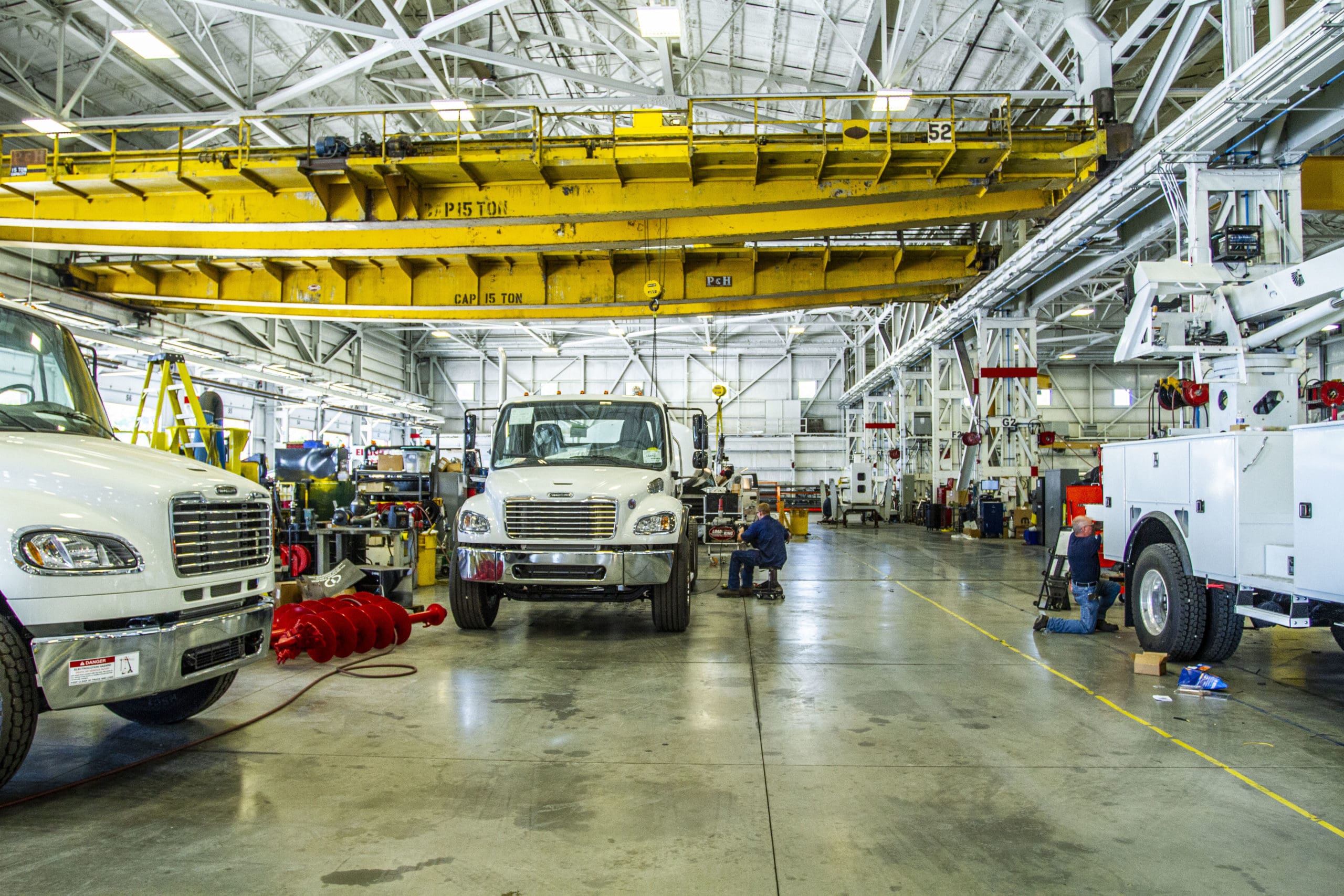
Fred Ross, CEO of Custom Truck One Source, recently had the following article published in the Kansas City Business Journal. The full article is included below. You can also read it directly on the KCBJ Website (login required).
As technologically innovative as manufacturing is, the truth is that many people hold on to outdated beliefs about the industry.
A study from Deloitte revealed that less than 5 in 10 Americans believe manufacturing jobs are rewarding, stable, safe or secure. Only 3 in 10 would encourage their children to pursue a career in manufacturing.
The truth is that the manufacturing industry is making significant technological advances and steadily becoming more sophisticated as new jobs are created. Plus, the field is diversifying in terms of workforce and opportunity. There are several misconceptions causing the disconnect for parents.
Here are four common misconceptions about the field of manufacturing:
#1: Manufacturing is not innovative
Manufacturing leaders are continuously looking to innovate, including making jobs more efficient and adopting new technology to streamline internal operations (without eliminating positions). Advanced manufacturing is making tasks easier for our people to do, which significantly aids job retention.
Many people still picture worn down factories when they think of manufacturing; that’s simply not the reality. Manufacturing is now on the cutting edge of industry with a vast range of job opportunities and a multitude of work spaces available.
#2: There are no jobs in manufacturing
It’s true that the industry did see a decline in jobs in the last decade, but that too is changing. My company has added more than 1,250 jobs across the country in the past five years, and we’re not alone. Manufacturing jobs are coming back to the U.S., and many different kinds of jobs are available. Companies today are actively recruiting for the workforce. And from what I’ve seen, they are willing to pay a premium for qualified talent. It’s not your father’s manufacturing, but the jobs are coming back.
Some manufacturing companies today are partnering with specialized schools to help cultivate talent for their available roles. Even with hiring freezes amid COVID-19, I’ve noted that many plants have kept their skilled labor positions open for hire because the roles are so essential.
#3: Manufacturing is unsafe
Thanks to essential advancements in technology, widely accepted best practices and required industry standards, I believe manufacturing is cleaner and safer than ever before. Companies prioritize safe and healthy working conditions and the protection of employees above all else. Manufacturing companies are intensely focused on retaining talent as a way to stay ahead of the competition. Manufacturing is often held to a much higher standard than many production facilities in other industries, including OSHA regulations and federal and state laws.
#4: Automation is replacing workers
Automated equipment changes the nature of some positions and creates a need for different skill sets and expertise. So, while automation is changing the way manufacturing works, it doesn’t mean replacing workers — far from it.
While we use robotics and automation in the modern sense of the term innovation, those are simply tools that help us execute on our ideas and meet mass demand. Real change is the idea itself — a new method or feature that emerges from an idea or observation and evolves the industry. Not only does it benefit the people within it, but it is created by people — and people alone.




